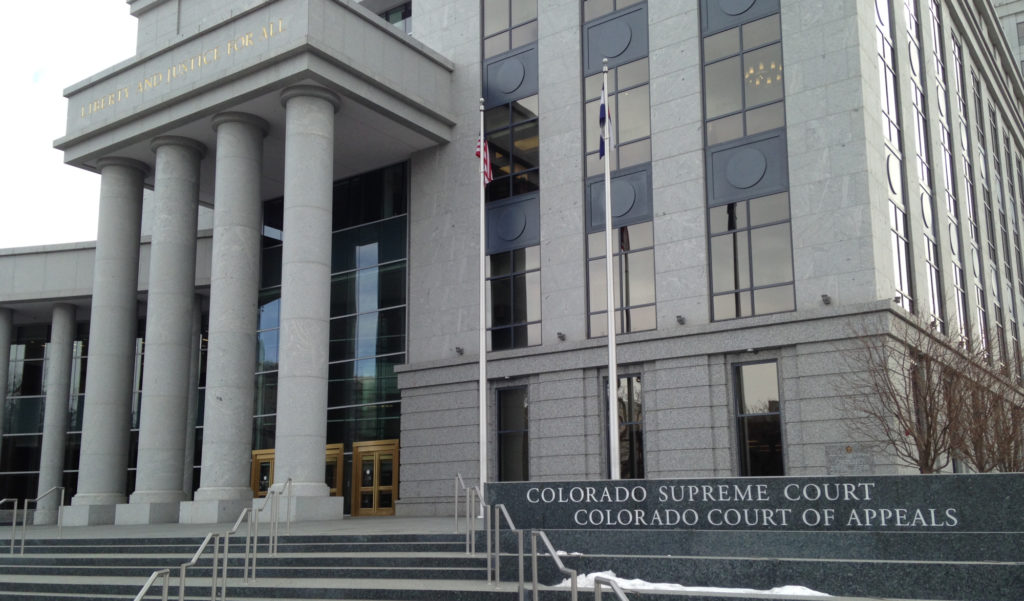By Jeffrey A. Roberts
CFOIC Executive Director
Archuleta County and Colorado Counties Inc. have asked the Colorado Supreme Court to review a 2022 appellate court ruling that lets a person involved in litigation with a public entity use the Colorado Open Records Act to obtain documents relevant to that litigation from the public entity.
The Colorado Court of Appeals failed to recognize “the profound implications of its decision,” argued CCI attorney Andrew Ringel in an amicus brief filed earlier this month.

In December, a three-judge panel of the Colorado Court of Appeals rejected arguments made by the Archuleta County clerk that CORA cannot be used to supplant the discovery process in civil litigation. The judges upheld a district court order in favor of Pagosa Springs attorney Matt Roane, who requested the recording of an Archuleta County Commission meeting while suing the board.
The Court of Appeals said the Colorado Supreme Court’s 1980 ruling in Martinelli v. District Court “stands for the proposition that CORA does not bar production of documents otherwise producible in civil litigation. It does not support Archuleta’s contention that individuals litigating against public entities are precluded from obtaining documents from those entities through CORA during the pendency of the litigation.”
The CCI brief says the state’s second-highest court failed to give district courts guidance on how to manage CORA and discovery “in an appropriate fashion.”
“At the very least, this Court should accept certiorari to remind the District Courts of their authority in crafting case management orders under (the Colorado Rules of Civil Procedure) to address how CORA requests will be treated in litigation involving public entities,” Ringel wrote. Allowing the Court of Appeals opinion to stand, he added, “would permit civil litigants suing public entities to use CORA requests in routine circumvention of case management orders” imposed by judges.
The Archuleta County brief, drafted by county attorney Todd Weaver, contends the Court of Appeals ruling is “not in accord” with the Supreme Court’s statement in Martinelli that “the legislature did not intend that the open records laws would supplant discovery practice in civil litigation.”
The appellate ruling, it notes, will impact all levels of government in Colorado that must comply with CORA requests.
“The existence of what appears to be contradictory rulings by this Court and the Court of Appeals on the use of open records requests to supplant discovery practice in civil litigation will cause considerable confusion for the legal practitioners that represent the approximately 4,500 public entities subject to CORA and who must try and advise their clients on how to comply with the complexities of CORA, and for all the trial courts in the 22 judicial districts of Colorado that must try and interpret these types of disputes when they arise in civil litigation,” Weaver wrote.
In the Archuleta County case, the county clerk denied Roane’s CORA request, contending the Martinelli decision backed up her claim that he should have used the discovery process. But the Court of Appeals determined “that the right to inspection of public records granted in CORA is distinct from, rather than mutually exclusive of, the right to obtain discovery set forth” in the Rules of Civil Procedure.
Follow the Colorado Freedom of Information Coalition on Twitter @CoFOIC. Like CFOIC’s Facebook page. Do you appreciate the information and resources provided by CFOIC? Please consider making a tax-deductible donation.




